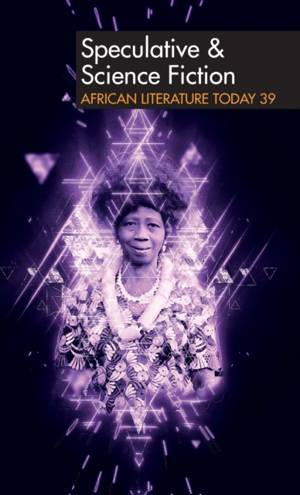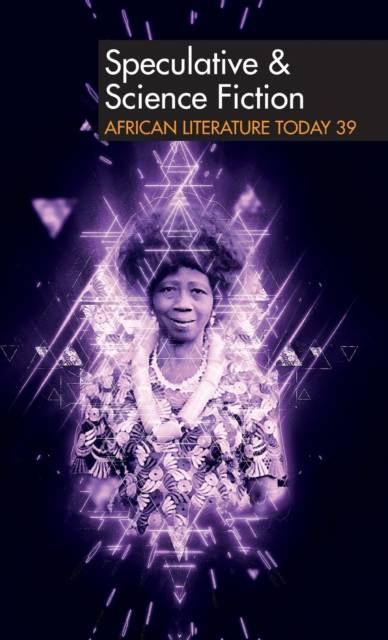
Bedankt voor het vertrouwen het afgelopen jaar! Om jou te bedanken bieden we GRATIS verzending (in België) aan op alles gedurende de hele maand januari.
- Afhalen na 1 uur in een winkel met voorraad
- In januari gratis thuislevering in België
- Ruim aanbod met 7 miljoen producten
Bedankt voor het vertrouwen het afgelopen jaar! Om jou te bedanken bieden we GRATIS verzending (in België) aan op alles gedurende de hele maand januari.
- Afhalen na 1 uur in een winkel met voorraad
- In januari gratis thuislevering in België
- Ruim aanbod met 7 miljoen producten
Zoeken
Alt 39
Speculative & Science Fiction
€ 177,45
+ 354 punten
Omschrijving
Over the past two decades, there has been a resurgence in the writing of African and African diaspora speculative and science fiction writing. Recent discussions around the "rise of science-fiction and fantasy" in Africa have led to a push-back, in which writers and scholars have suggested that science fiction and fantasy is not a new phenomenon in African literature, but that the deep past of the African world and its complex and mysterious foundations still register in burgeoning modern literary productions. Such influences can be seen in early twentieth-century writers such as D.O. Fagunwa's classic novel (1938) Ogboji Ode ninu Igbo Irunmale (The Forest of a Thousand Daemons: A Hunter's Saga), the mythopoeia of Elechi Amadi's The Concubine (1966) as well as the dystopian writing of Buchi Emecheta in The Rape of Shavi (1983). This volume shows this long tradition of speculative literature in examining African classics such as Kojo Laing's Woman of the Aeroplanes (1988) and the oeuvre of Ngũgĩ wa Thiong'o. The volume also critically examines modern African texts from writers including Nnedi Okorafor, Namwali Serpell and Masande Ntshanga, as well as critically looking at the terms 'Afrofuturism' and 'Africanfuturism' vis-à-vis their particular cultural aesthetics and suitability in describing tradition rooted African speculative arts.
This volume also includes a Literary Supplement.
Guest Editors: LOUISA UCHUM EGBUNIKE (Associate Professor in African and Caribbean Literature, Durham University) and CHIMALUM NWANKWO (Writer-in-Residence, Department of English and Literary Studies, Veritas University, Abuja, Nigeria).
Series Editor: Ernest N. Emenyonu (Professor of Africana Studies at the University of Michigan-Flint)
Reviews Editor: Obi Nwakanma (Fellow, Department of English University of Central Florida).
This volume also includes a Literary Supplement.
Guest Editors: LOUISA UCHUM EGBUNIKE (Associate Professor in African and Caribbean Literature, Durham University) and CHIMALUM NWANKWO (Writer-in-Residence, Department of English and Literary Studies, Veritas University, Abuja, Nigeria).
Series Editor: Ernest N. Emenyonu (Professor of Africana Studies at the University of Michigan-Flint)
Reviews Editor: Obi Nwakanma (Fellow, Department of English University of Central Florida).
Specificaties
Betrokkenen
- Uitgeverij:
Inhoud
- Aantal bladzijden:
- 276
- Taal:
- Engels
- Reeks:
- Reeksnummer:
- nr. 39
Eigenschappen
- Productcode (EAN):
- 9781847012852
- Verschijningsdatum:
- 2/11/2021
- Uitvoering:
- Hardcover
- Formaat:
- Genaaid
- Afmetingen:
- 140 mm x 216 mm
- Gewicht:
- 462 g

Alleen bij Standaard Boekhandel
+ 354 punten op je klantenkaart van Standaard Boekhandel
Beoordelingen
We publiceren alleen reviews die voldoen aan de voorwaarden voor reviews. Bekijk onze voorwaarden voor reviews.








